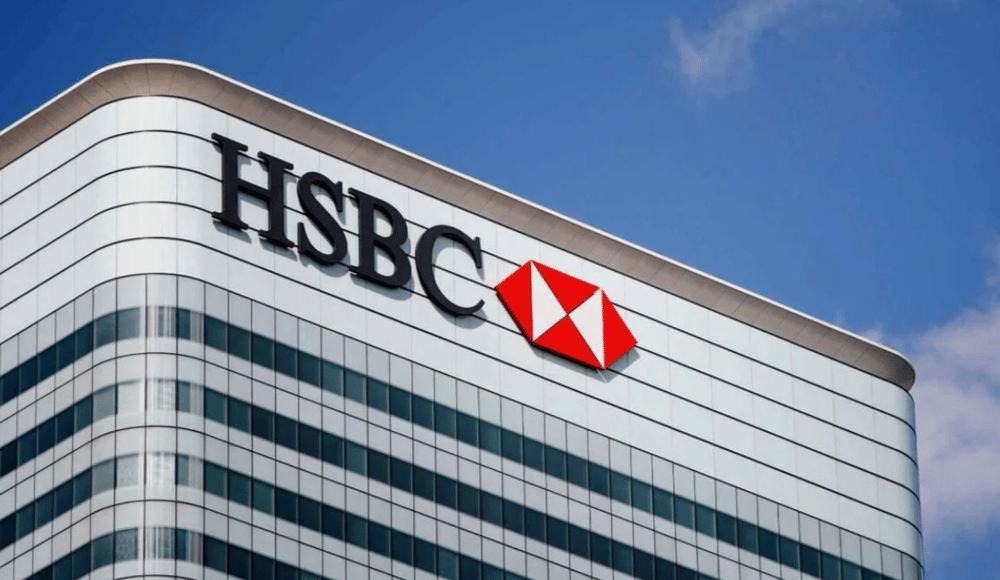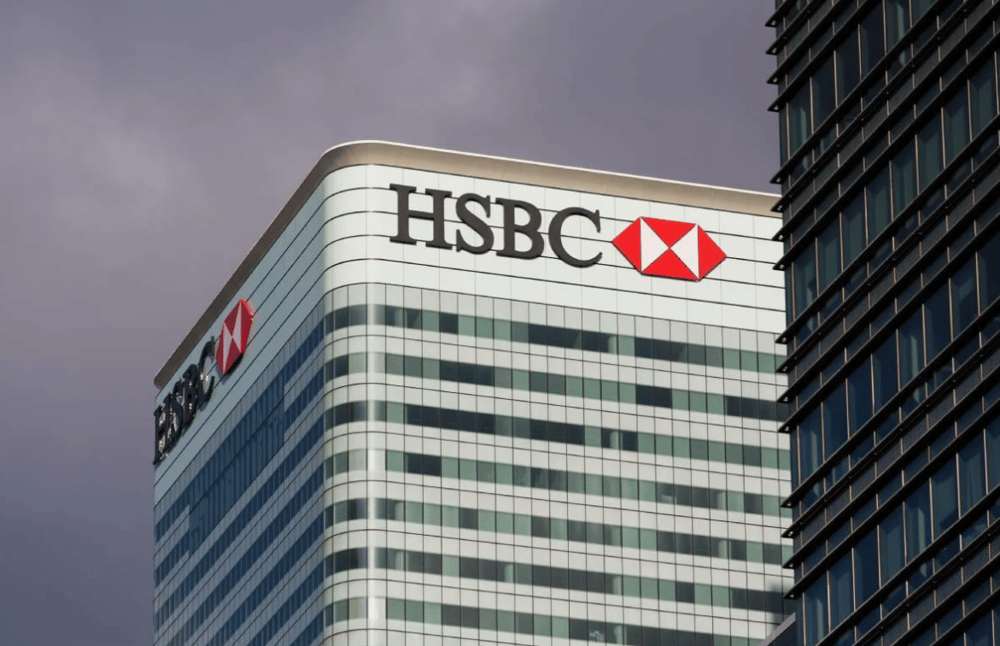

HSBC Holdings plc $HSBA.L has announced a pivotal leadership transition, revealing that Chairman Mark Tucker intends to step down by the end of 2025. The decision marks the nearing conclusion of an era that began in 2017, during which Tucker oversaw one of the most consequential periods in the bank’s recent history.
The bank confirmed on Thursday that it has launched the search for his successor, underlining its commitment to ensuring a smooth handover. Tucker will continue to contribute in a strategic advisory role to CEO Georges Elhedery after his departure from the chairmanship.
Mark Tucker's tenure coincided with significant global and internal challenges for HSBC — from navigating the complexities of U.S.-China tensions to driving the bank’s pivot toward Asia. Under his leadership, HSBC reinforced its positioning as a global financial powerhouse while making difficult structural changes to remain competitive.
His background, as the first chairman appointed externally in HSBC’s 150-year history, brought a fresh perspective to the role. Tucker previously served as CEO of AIA Group and Prudential plc, bringing deep experience in insurance and Asian markets.
Asian Pivot Strategy: Tucker championed a renewed focus on growth in key Asian markets, especially Hong Kong and mainland China.
Cost-Cutting Overhaul: He played a pivotal role in reshaping HSBC’s global footprint, including major job cuts and business exits in underperforming markets.
Digital Transformation: Accelerated technology investments and modernization of core banking infrastructure were a hallmark of his strategy.
Geopolitical Navigation: Tucker helped guide the bank through politically sensitive waters, including balancing regulatory demands from Western and Chinese authorities.
Succession Planning: He oversaw the appointment of several key executives and helped shape HSBC’s longer-term leadership pipeline.

Continuity vs. Change: The new chairman will inherit a bank that has streamlined operations but still faces global regulatory scrutiny.
Asia-Centric Future: HSBC’s deepening commitment to Asia requires a successor with expertise in emerging markets and cross-border dynamics.
Governance and Stewardship: With rising stakeholder expectations, the incoming chair will need to uphold transparency, ESG alignment, and corporate resilience.
Stakeholder Confidence: Smooth leadership transitions are vital to preserving investor trust, especially at a time of global financial sector volatility.
Advisory Bridge: Tucker’s continued involvement as a strategic advisor may help preserve institutional knowledge during the transition period.
As HSBC navigates this planned succession, attention will focus on the selection process and whether the bank will continue to favor an internationalist approach or seek a chairman with deep roots in its core Asian markets. With Georges Elhedery now leading as CEO and the bank seeking to optimize capital efficiency amid economic uncertainty, the next chair’s profile will likely be one of experience, diplomacy, and operational insight.
The eventual successor will play a critical role in shaping the trajectory of one of the world’s largest and most globally integrated financial institutions as it repositions for the next phase of growth.
The transaction signals a proactive shift in integrating advanced automation, setting the stage for transformative changes